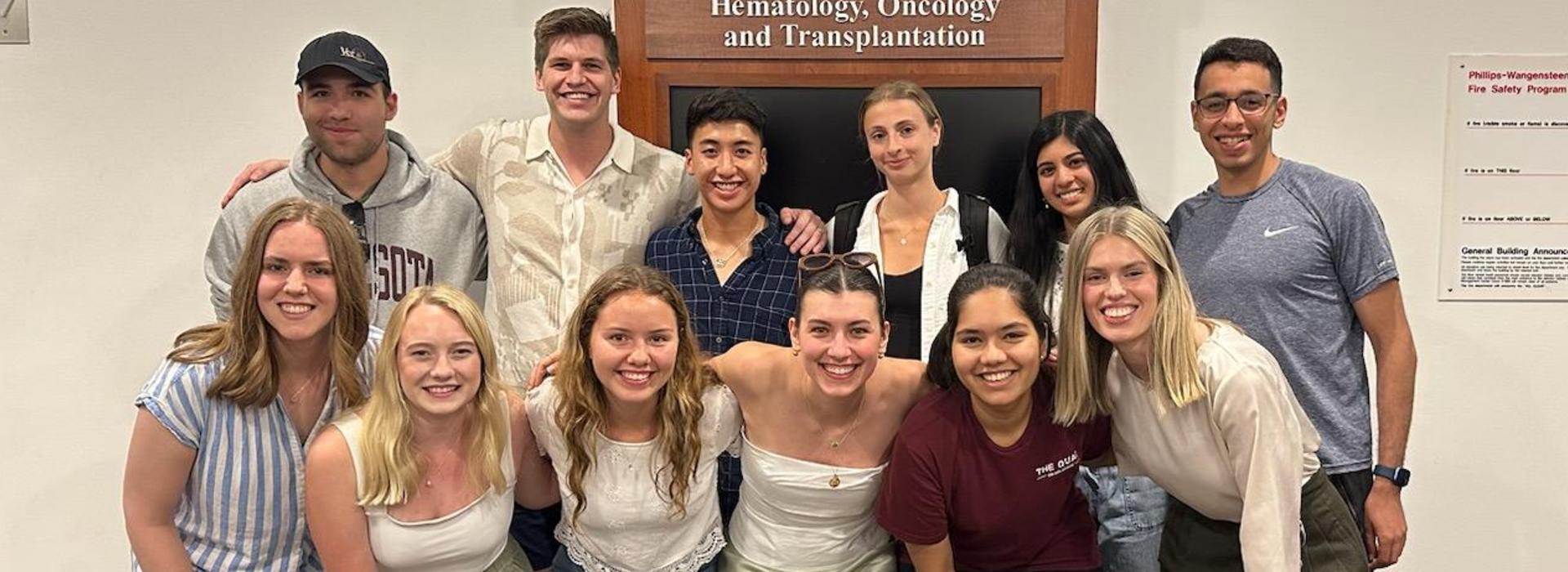
HOT Division Summer Internship Research Program
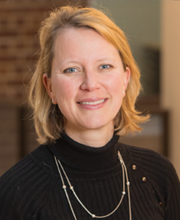
Anne Blaes, MD, MS is the Director and Professor of Medicine in the HOT Division and holds the BJ Kennedy Chair of Oncology. She is also the Director of Cancer Survivorship Services and Translational Research at the Masonic Cancer Center.
“I am thrilled to support this summer research program. We are developing excellent candidates for scientific research and health related careers starts by investing early in outstanding and motivated students.”
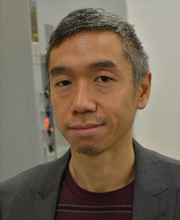
Justin Hwang, PhD, is an Assistant Professor in HOT Division and the Director of the Summer Research Internship Program.
“There is an overwhelming amount of talent in Minnesota. This internship program greatly accelerates their career and provides them a great spectrum of experiences that prepares them as elite trainees that shall excel as the next generation of clinicians and scientists.”
The Division of Hematology, Oncology, and Transplantation (HOT Division) at the University of Minnesota-Twin Cities offers an 8-week Summer Research Internship Program under the direction of a University of Minnesota faculty mentor in a research lab and numerous special activities focused on professional development as well as social interaction. The Internship Program aims to develop the next generation of leaders and innovators in the field of hematological and oncological malignancies. Each early-stage intern will gain experience towards the development of a long-term career in research or clinical disciplines. The program runs June 10, 2024 to August 2, 2024 and is specifically open to undergraduate students. An orientation event on the first day will start the internship with all interns in the program as well as the mentors and lab personnel. The internship will end with a poster presentation symposium where each intern prepares and presents a professional poster to their mentors, lab personnel and other Program interns, which will take place on the last day of the Program.
Each of the accepted undergrad students will take part in clinical or basic research activities including:
- Understand the scientific foundation and current clinical barriers of hematological or oncological diseases.
- Comprehend the landscape of current job opportunities or career trajectories.
- Receive individualized mentorship from established faculty and laboratory members.
- Conduct hands-on experiments as a key laboratory research member.
- Gain clinical exposure through interactions with faculty and physicians in the hospital.
- Learn from current medical students and researchers about career paths in medicine.
- Interact with peers with similar career interests.
This paid internship program is offered to undergraduate students that meet the following eligibility requirements:
- Currently attending regional colleges or universities in the State of Minnesota.
- Must be an undergraduate student entering a full semester or quarter of school for the 2024-2025 academic year – must be full time.
- Plans to pursue a graduate or professional degree in medicine (i.e. MD, PhD, PA, etc.)
- Must be able to commit full time to our Program. All interns are required to attend every day of the Program and to work a full day. You will not be allowed to take time off during the work week for family vacations, classes or part-time jobs.
Each undergraduate intern will be supported by research scholarships by the HOT Division for the 8 weeks and will receive a stipend of $3,500.
The completed application is due by February 29, 2024 at 5 PM CST. APPLY HERE. Accepted applicants will be notified via email by March 31, 2024 and must accept the offer by April 15, 2024. Alternate applicants and final decisions will be notified by April 30, 2024.
If you have any questions regarding the program, qualifications or application process, please contact Linsey Roschen, Program Coordinator, rosch053@umn.edu.
Former Intern Spotlight
Allison Makovec
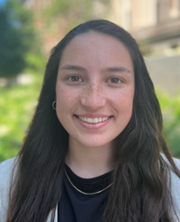
I’m Allison Makovec, a senior at the University of Minnesota-Twin Cities. As a prospective MD/ PhD student, I’m interested in developing gene therapies for cancer patients, specifically in regards to solid tumor cancers like breast and prostate cancer. The HOT Division Summer Research Internship Program helped me acquire skills directly related to my career goals. I particularly enjoyed the experiences in wet lab work, experimental design, and grant writing. This Program overall influenced my decision to pursue a career as a physician-scientist after I was given the opportunity to shadow physician-scientists in both oncology and hematology. In the year following this internship, with great support from the lab, I was awarded the President's Student Leadership and Service Award by the University of Minnesota. I was further awarded a CLA Scholarship and a Research and Travel Grant for my efforts in research. This Program overall gave me certain insights and the mentorship needed to be successful in my future career in medicine.
Trieu Do
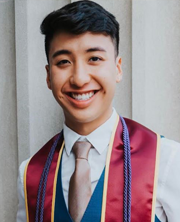
I’m Trieu Do, a recent graduate at the University of Minnesota-Twin Cities with a degree in Human Physiology. As a person pursuing an MD, I wanted to ensure I gained as much experience and insight as possible to ensure my success as a medical student and a physician. The HOT Division Summer Research Internship Program gave me extensive insight into the world of research through my application of the scientific method and hands-on wet lab experience. Furthermore, this Program reassured me about the application process for medical schools through the excellent application preparatory workshops. Overall, the Program equipped me with the skills necessary to continue my journey of pursuing an MD and I’m grateful for the opportunity.
Amanda Dolezal
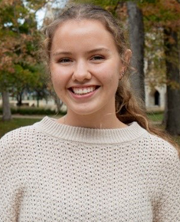
I’m Amanda Dolezal, a current senior at St. Olaf College, studying Mathematics and Pre-Medicine. Prior to the HOT Division Summer Research Internship Program, I had a broad interest in medicine. Participating in this Program as an intern was an impactful experience for me as it allowed me to explore my interests in both a wet lab setting and a clinical environment. In the wet lab, I gained skills essential for medical research, particularly in oncology research, as I worked in a lung cancer research lab. I connected my research to various clinical applications during numerous shadowing opportunities provided by the internship. As a result, I felt that I gained a more holistic understanding of oncology, and more broadly, how medical science is implemented in clinical practice. In addition to the experimental and clinical knowledge acquired during the summer, I expanded my network by communicating with various students, professors, and physicians at the University of Minnesota. These relationships fostered an encouraging environment that continues to support me as I begin to apply to medical schools. Overall, this Program was an amazing opportunity that not only allowed me to grow as an undergraduate student but also as a future physician.
Physician Spotlight
The HOT Division is one of 11 divisions within the Department of Medicine – the largest department within the Medical School and University of Minnesota. This growing Division currently has 53 faculty, 36 administrative and research staff; and more than 20 fellows. The Division generates $17 million in patient care revenue and has a strong history of research in partnership with the Masonic Cancer Center. In addition, the Division’s annual research expenditures on sponsored projects total more than $24 million.
The HOT Division is home to renowned clinicians and research professionals who investigate and treat cancers and blood disorders in adults. Each faculty member is renowned for their research or clinical expertise in hematological, oncological, or transplantation disease. Of our outstanding faculty, many are involved in cutting-edge research and are international leaders in their research and clinical disciplines.
Yvonne Datta , MD
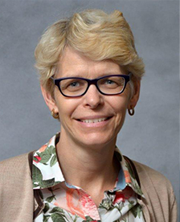
Yvonne Datta, MD practices medicine in Classical Hematology, which includes the diagnosis and treatment of blood disorders. Her main clinical interests are bleeding and clotting disorders, platelet disorders and sickle cell disease. She collaborates with Dr. David Wood in sickle cell disease research. Dr. Datta has a strong interest in education as she is the Director of the Hematology/Oncology Fellowship Program in the HOT Division, and is a member of the University of Minnesota Medical School Admissions committee. Advising undergraduate students in their path to medical school admission is one of her favorite academic activities.
Stuart Bloom, MD, MSc
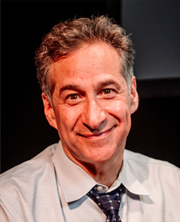
Stuart Bloom, MD, MSc is an Associate Professor and he spent his 20's in New York City as an actor and musical comedian, but after he turned 30, and his own father was diagnosed with cancer, he had an epiphany and decided to become an oncologist. After an award winning, 20 year run in community oncology, he joined the HOT Division at the Medical School as part of the Master Clinician pathway. While he remains dedicated to the care of patients with breast and prostate cancers, he has multiple other passions he offers to medical school students and faculty. These include the teaching of doctoring skills, exploring and addressing the causes of medical burnout, and further developing the intersection of the humanities in medicine. His acclaimed musical “How to Avoid Burnout in 73 Minutes” has played a sold out run at the Open Eye Theatre, with the plan on performing this musical at medical schools around the country.
Damé Idossa, MD

Damé Idossa, MD is an Assistant Professor of Medicine and a Breast Oncologist. She is a native of Ethiopia and immigrated to Minnesota at the age of 8. Dr. Idossa is a passionate advocate for diversity and inclusion and has a long-standing commitment to serving vulnerable populations. Her research interests focus on disparities in cancer care, breast cancer in young women, and increasing access to clinical trials. She also studies workforce development, particularly the mentorship experiences of underrepresented trainees in hematology/oncology subspecialties.
Nicholas Zorko, MD, PhD
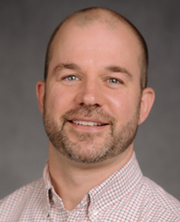
Nicholas Zorko, MD, PhD is an Assistant Professor and received his MD and PhD at The Ohio State University in Columbus, Ohio, where he first became interested in bone marrow transplantation and cellular therapies. He then completed his clinical residency and fellowship at the University of Minnesota Medical Center. Dr. Zorko’s primary research interest is development of novel natural killer cells and immune engagers to treat solid tumors, with a particular focus on castration-resistant prostate cancer. He sees genitourinary oncology patients in the clinic and attends on the inpatient bone marrow transplant/cellular therapy team.
PI Spotlight
Emil Lou , MD, PhD, FACP
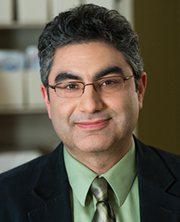
Emil Lou, MD, PhD, FACP is a diplomat of the American Board of Internal Medicine and board certified in Medical Oncology and Internal Medicine. In addition, he is also board certified in Neuro-Oncology through the United Council for Neurologic Subspecialties. Dr. Lou runs a laboratory focusing on the cellular biology of gastro-intestinal tumors in addition to translation clinical research. He has carved out a unique and interesting niche for himself through his study of tunneling nanotubules. His research focuses on identifying cellular and molecular factors that cause drug resistance of aggressive cancers. His team is the forefront of an emerging niche of cell biology focusing on intercellular communications. He is a nationally recognized leader in this area. Dr. Lou has mentored a variety of learners across multiple levels to encompass clinical and basic/translational research trainees. This includes involvement in continuity clinics and educating fellows, residents and student observers in clinical settings
Joan Beckman, MD, PhD
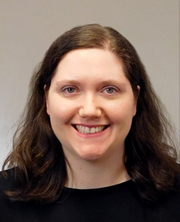
Joan Beckman, MD, PhD is the Lois and Richard King Assistant Professor of Medicine and is a dedicated physician-scientist who is passionate about caring for patients with benign hematologic conditions. She has a clinical interest in patients with acquired and congenital bleeding disorders as well as patients with anemia. Dr. Beckman conducts translational research in the molecular and cellular mechanisms driving inflammation-induced pathology in endothelial cells and blood vessels. Her current research focuses on evaluating the contribution of red blood cell and endothelial cell interactions in JAK2 V617F and CALR+ myeloproliferative neoplasm patients.
Julie Ostrander, PhD

Julie Ostrander, PhD is an Associate Professor of Medicine. Her research focuses on studying the scaffolding protein PELP1 in the context of breast cancer progression. The recent studies have found that PELP1 signaling promotes cell survival in the presence of tamoxifen; enhances breast epithelial cell migration through upregulation inflammatory cytokines and chemokines; and promotes CSC phenotypes in models of ER-positive breast cancer. Her lab has identified a novel cytoplasmic interaction between PELP1 and SRC-3. The objective of her current research is to identify the molecular mechanisms associated with PELP1-induced BCSC phenotypes and therapy resistance.
Robert Kratzke, MD
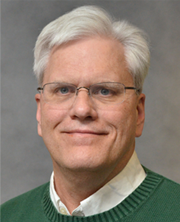
Robert Kratzke, MD is a Professor of Medicine and Section Head of Medical Oncology in HOT Division as well as a member of the Genetic Mechanisms of Cancer Program at the Masonic Cancer Center. He has spent his entire career in translational mesothelioma and lung cancer research. In recent years he has redirected his research interests to the dual projects of oncolytic virotherapy and targeting cap-mediated translation for lung cancer or mesothelioma therapy. In addition, he holds leadership roles in the Alliance for Cancer Clinical Trials including directing thoracic oncology correlative science projects and serving as Vice-Chair of the Respiratory Committee for this NIH sponsored organization. Dr. Kratzke has worked on numerous lung cancer projects for the CALGB including analyses of patient outcomes, biomarkers, and staging and he is active in the oversight and analysis of both the Alliance lung cancer tissue bank and PLCO tissue and blood samples. During the course of his career, he has mentored numerous fellows and trainees in the study of mesothelioma and lung cancer including funded researchers at institutions such as Stanford University, the University of Minnesota, and the Minneapolis VA Medical Center.